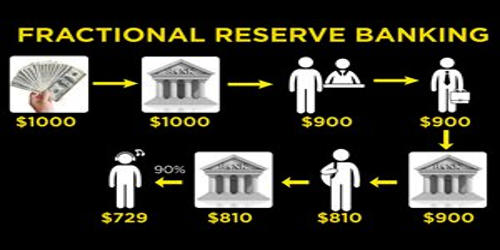Schedule Bank
Banks implies the financial institution that takes public deposits and extends credit to those who need it. They are a substantial part of the financial system, which assists in the overall economic development. The bank whose name is included in the schedule of the Central Bank of a country is called a scheduled bank. Scheduled banks are a banking corporation whose minimum paid-up capital is (A specific money amount) and does not harm the interest of the depositors. However, they are required to fulfill certain obligations like maintenance of an average daily balance of CRR (Cash Reserve Ratio) with the central bank at the rates specified by it.
Scheduled banks are the ones covered in the second schedule of the Reserve Bank, whereas non-scheduled banks are the banks that are not covered in the second schedule of the Reserve Bank. When it comes to privileges, scheduled banks is ahead of non-scheduled banks. Scheduled banks get remittances through the offices of the Reserve Bank of India and its agents, for free or at concessional rates.
Every Scheduled Bank enjoys the following facilities;
- These Banks are eligible for obtaining debts/loans on the bank rate from the RBI.
- These Banks automatically acquires the membership of the clearinghouse.
- These Banks get the facility of the rediscount of first-class exchange bills from RBI.
- Right to receive refinance facility from the apex bank
- Entitled for currency chest facility.
- Right to become members of the clearinghouse.
Scheduled banks are entitled to borrow money from the central bank for regular banking purposes. These banks have the right to become the member in the clearinghouse, while no such facility is allowed to non-scheduled banks.
















